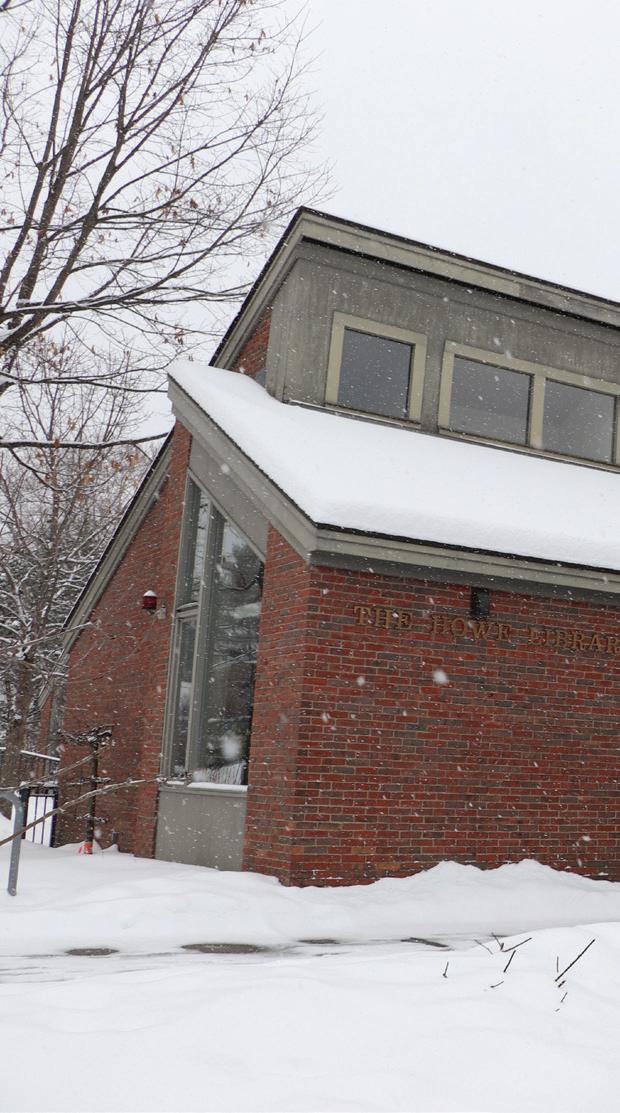1 minute read
College officials reflect on state of active shooter preparedness
Next Article
messaging ready to go” in DartAlert — the College’s emergency notification system — that would go to students’ phones, Swartz said.
Dartmouth Student Government member Nicolás Macri ’24 said that he does not think students “really know” how to respond to mass shooting events and sees “spreading awareness” as a central role for DSG. According to Macri, DSG has not discussed Dartmouth’s preparedness for a school shooting with College administrators. However, he noted that this term, the College created a spot on its Emergency Planning Group for a DSG member.
BY jacob Strier and Zander Kurita
The Dartmouth Senior Staff
This article was originally published on March 2, 2023.
In response to the Feb. 13 shooting at Michigan State University — which claimed three victims’ lives and injured five others — The Dartmouth connected with Safety and Security and the Hanover Police department to learn more about the College’s preparation for active shooter incidents.


Since a 2018 off-campus shooting incident — which resulted in the injury of a non-Dartmouth student and a multi-hour lockdown — Safety and Security director Keysi Montás said that Safety and Security has been working to stay aware of the latest best practices in emergency response. Currently, Montás said the College does not offer mandatory active shooter training or required lockdown drills.
Campus emergency response manager Ron Swartz said that employees and students in the MSU shooting “helped save themselves” based on trainings that MSU and other universities have been “giving for years.” Swartz said that the concepts of self-protection are the same in any active shooter situation: get out of harm’s way until police can arrive to take the offender into custody.
Swartz said that part of the “fear and confusion” in the MSU shooting involved the spread of false information online, which traveled faster than the university could spread accurate information to the campus population.
“The hard part is for the College to get out accurate information in the first moments,” Swartz said.
For notification systems at the College, Montás said the College has a campus-wide emergency siren, which signals that there is an emergency on campus and is meant to prompt students and community members to seek out more information on their phones and computers. The College tests its campus-wide emergency sirens each year, according to Montás and Swartz.
The College has “pre-scripted










